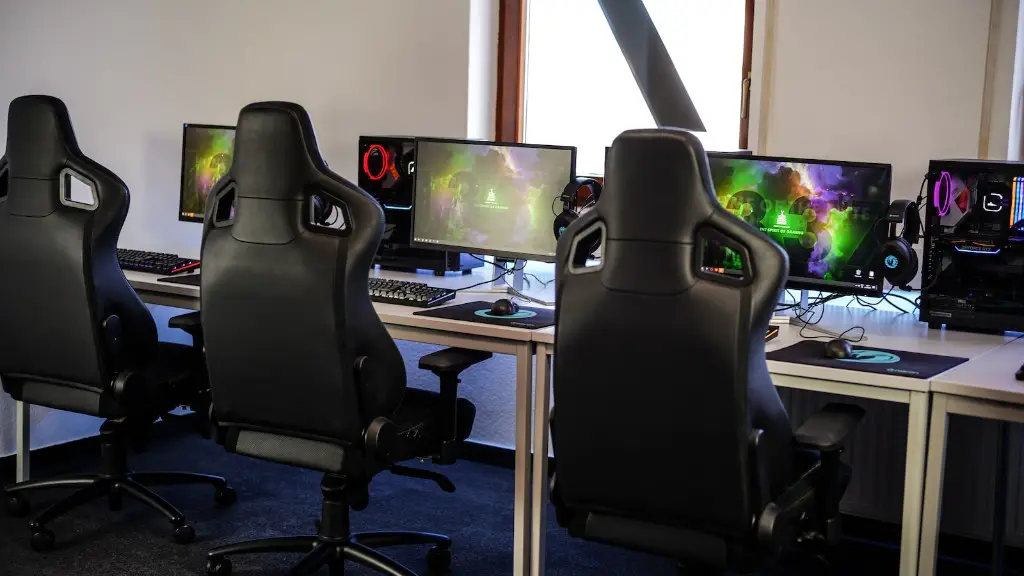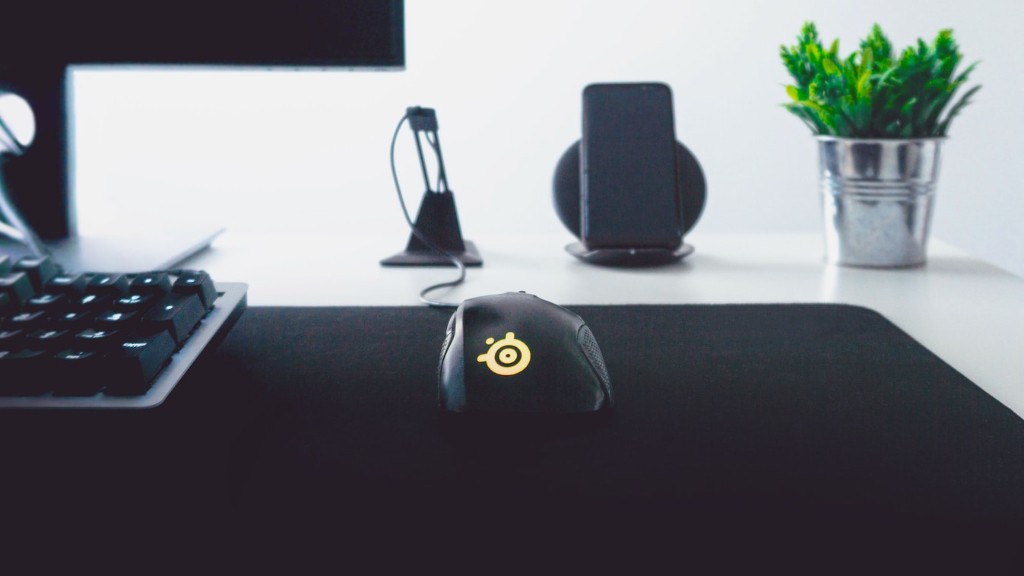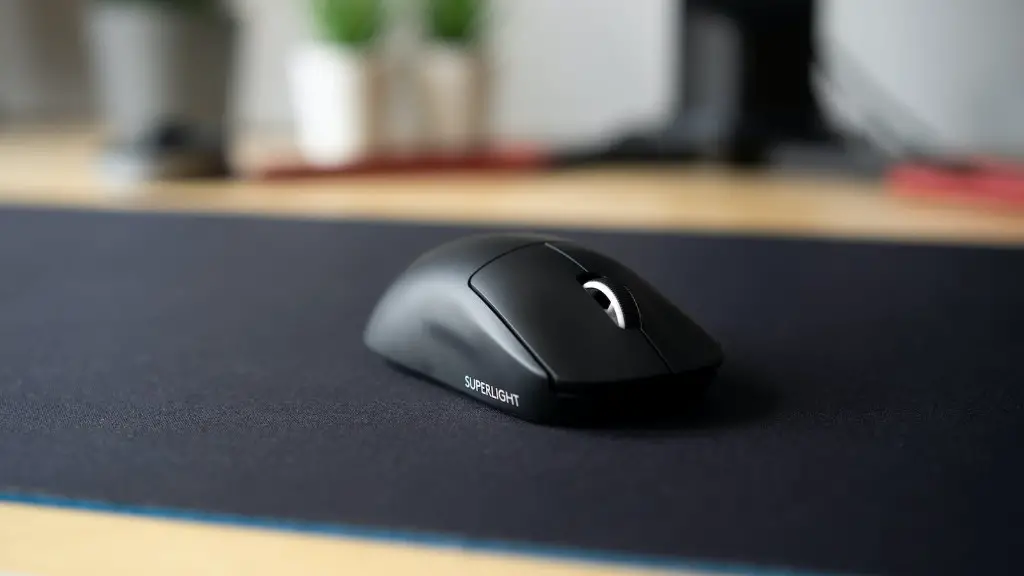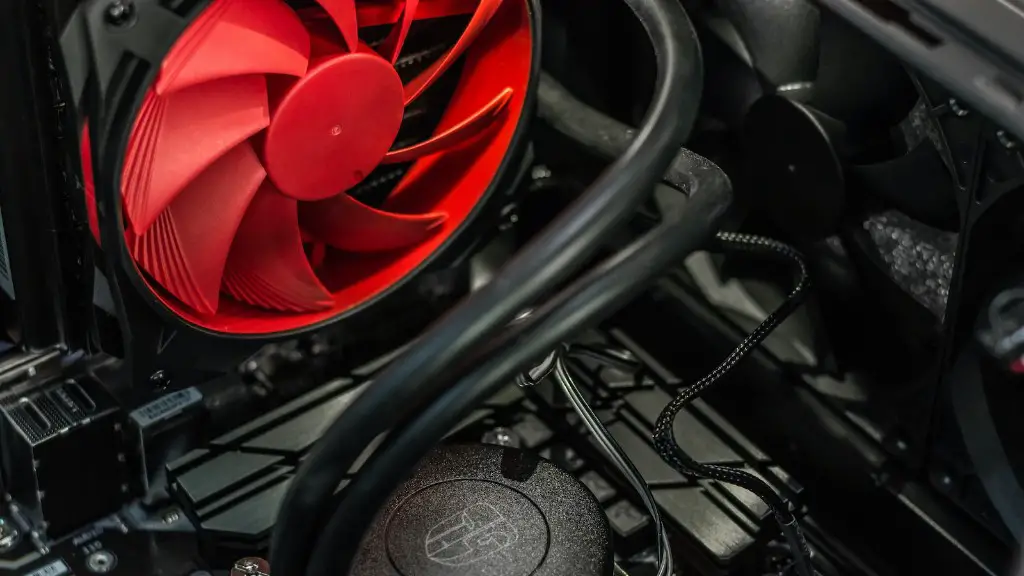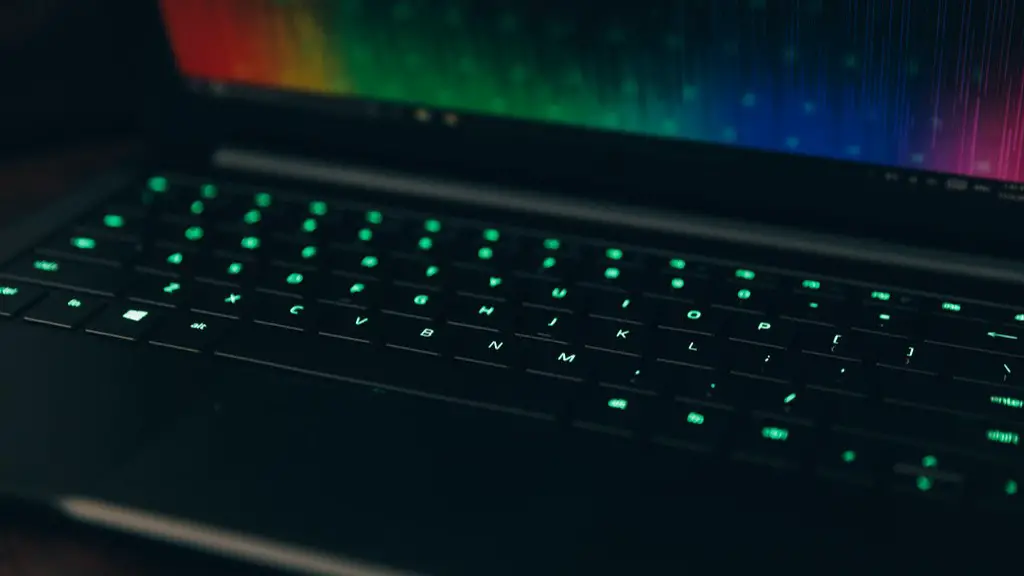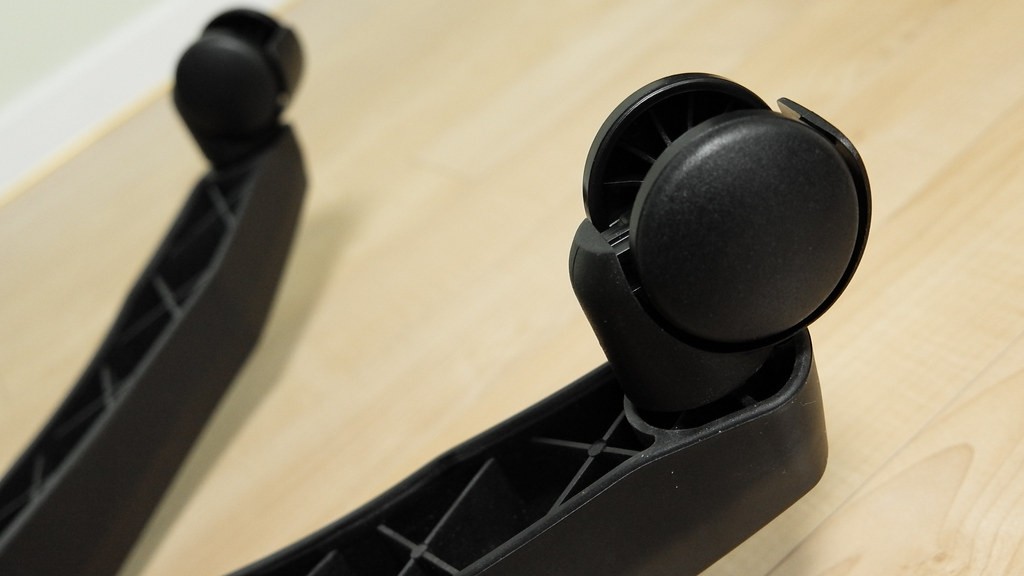When you’re looking to build a gaming PC, there are several components you’ll need. Parts such as the processor, memory, GPU, and power supply need to work together in order to provide an enjoyable gaming experience. Here, we’ll discuss which components are necessary to build a gaming PC and some tips that can help ensure a seamless build.
The processor is the brain of the gaming PC. It’s best to go with a processor that has at least 4 cores, and preferably 8. Higher core counts offer more performance potential, allowing for smoother gaming experiences. An Intel Core i7 is a great choice for a gaming PC. Not only is it powerful enough to tackle modern games, it also offers good value for the money.
Memory, or RAM, is an important factor in terms of gaming. The more memory your gaming PC has, the smoother your gaming experience will be. 8 gigs of RAM should be plenty for most gamers. If you’re looking to get really serious with your gaming, you may want to opt for 16 or 32 gigs.
The graphics card is a key component, as it is responsible for rendering the image you see on your screen. Your choice of graphics card will largely depend on your budget, but for those looking for the best gaming experience, going with an Nvidia RTX 2080 Ti or higher is recommended. AMD-based cards are also viable, though they may not offer the same level of performance as their Nvidia counterparts.
When it comes to power supplies, it’s important to pick one that has enough wattage to power your components. 500 watts should be enough to handle most gaming PCs, but if you’re looking to push the limits with more demanding hardware, consider going with something like a 1000 watt power supply. It’s also important to make sure that the power supply you choose is reliable and has been certified by the 80 Plus organization.
Finally, you’ll need a case to house all of your components. When it comes to cases, there are many different sizes and shapes to choose from, so it’s important to find one that fits your specific needs. Consider things such as cooling options, number of drives bays, and overall aesthetics when selecting your case.
These are just some of the components you’ll need to build a gaming PC. Researching parts and examining your budget can help ensure that you get the best possible setup for your gaming needs.
Motherboard
A motherboard is the foundation for the gaming PC. It is the central hub for all the components, and it’s important to make sure that you get a compatible motherboard with your processor and GPU. Make sure that it has enough USB ports, SATA ports, and enough slots for the components you plan on adding.
Some motherboards also come with features such as on-board WiFi and Bluetooth, making it easier to stay connected to the internet. Higher-end motherboards offer additional features such as SLI support, allowing for multiple graphics cards to be used in a single computer for even better gaming performance.
It’s also important to look at the type of cooling options available on the motherboard. Decent motherboards will come with at least one fan header, which can make a huge difference when it comes to keeping your system cool.
Finally, make sure that the motherboard you choose has the BIOS version that you need to support the latest Intel and AMD processors. This can be checked on the manufacturer’s website – make sure this number is higher than the processor you have in mind.
Storage
A solid-state drive (SSD) is recommended for gaming PCs since they offer faster boot times and can drastically reduce loading times in games. If you want to save some money, you can always go with a traditional hard drive, but the performance hit may not be worth it.
If you plan on storing a lot of games and doing a lot of streaming, consider getting a large HDD. This can provide plenty of storage space while also making sure you have enough space to handle all your game data.
You also might want to consider getting an external drive, such as a USB flash drive, for all your important data. This not only makes backups more convenient, but it can also be used for storing game data for when you may be playing over the internet.
Finally, look for a drive that’s reliable and quiet. Nobody wants a noisy drive that won’t last more than a few months.
Cooling and Fans
When building a gaming PC, it’s important to consider cooling and ventilation as it can heavily influence your gaming performance. Poor cooling can not only limit your gaming performance, but it can also put strain on the components, reducing their lifespan.
You can opt for air cooling, with fans mounted onto the case, or you can go with more efficient and powerful liquid cooling. Liquid cooling offers much better cooling performance and often comes with RGB lighting for that extra bit of bling.
Make sure to select a cooler that is compatible with your CPU and can handle the heat it produces. Look for something that offers quiet operation and isn’t too bulky, as the cooler can take up a good amount of space inside the case.
It’s also important to ensure that your fans are pointed in the right direction to ensure good air circulation. Intake fans should be mounted near the front of the case, and outtake fans at the rear, to ensure that hot air is pushed out of the case, while cool air is drawn in.
Peripherals
When building a gaming PC, it’s important to consider what type of peripherals you plan on using. These include items such as a monitor, keyboard, mouse, and headset.
When it comes to monitors, it’s best to choose one that has a fast refresh rate, a high resolution, and minimal response time. This will ensure that you can easily see what’s going on in games and that input lag is kept to a minimum. Look for a monitor with either G-Sync or FreeSync support, as this can help reduce screen tearing and make for a more enjoyable gaming experience.
When it comes to input devices, you want to pick something that is comfortable and offers plenty of customization options. Many gaming keyboards now come with a dedicated gaming mode, allowing you to disable certain keys such as the Windows key, to ensure that you don’t accidentally exit a game while in the heat of battle.
Finally, a good headset is an invaluable tool when gaming. Look for something that offers great sound quality, a flexible microphone, and comfortable ear cups. You also want to make sure that it is compatible with the type of device you plan on using it with.
Operating System
Once you have all the components for your gaming PC, you’ll need an operating system to make it work. There are several choices for this, ranging from Windows 10 to popular distributions of Linux. Windows 10 tends to be the most popular due to its wide range of features and support for most gaming titles.
Those looking for a more Linux-based experience can opt for popular distributions such as Ubuntu, Mint, or Arch. Each of these offers its own set of features and tools, making them viable choices for more advanced users.
It’s important to consider your budget when deciding on an operating system – Windows 10 tends to be the most expensive, while Linux distributions are often available for free or at a lower cost. It’s also important to make sure that the operating system you choose is compatible with the hardware you plan on using.
Conclusion
When building a gaming PC, there are several components to consider. The CPU, GPU, RAM, motherboard, and power supply are the primary components of any gaming PC, and you’ll also need things such as a case, cooling fans, and storage. Peripherals such as a monitor, keyboard, and headset are also important, as are an operating system and the BIOS version required for your particular components.
